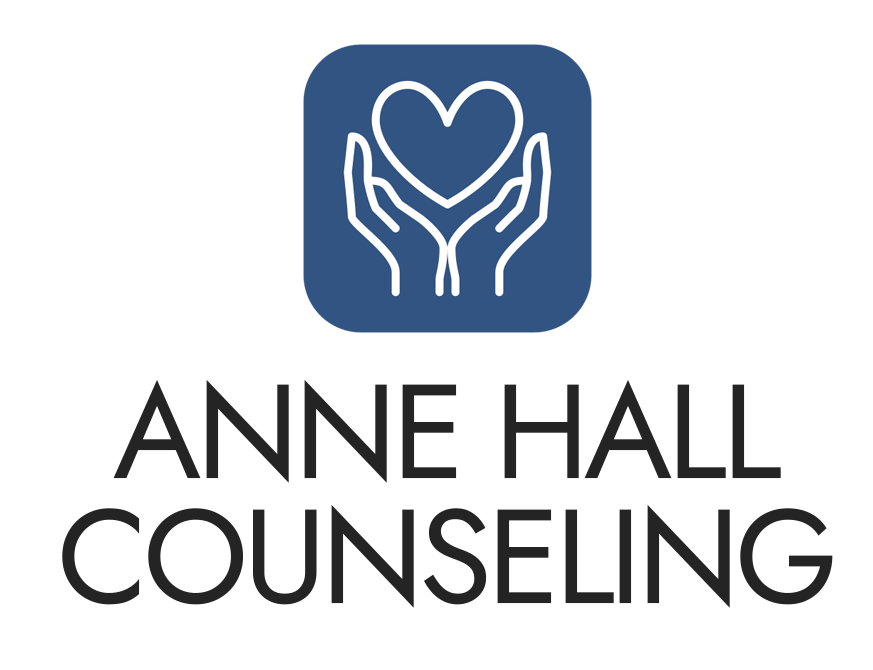FAQ: Counseling Services in Fairhope, Vestavia Hills, Chelsea & Birmingham, AL and Surrounding Areas
Infidelity Counseling
Q: What is infidelity counseling? Infidelity counseling is a specialized form of couples therapy that helps individuals and couples navigate the aftermath of an affair. It provides a safe space to address the emotional wounds, rebuild trust (if desired), and decide on the future of the relationship.
Q: What are the benefits of infidelity counseling? Benefits include:
- Rebuilding trust: Fosters open and honest communication to address the betrayal.
- Emotional healing: Helps both partners process the intense emotions associated with infidelity, such as anger, hurt, guilt, and shame.
- Improved communication: Teaches healthy ways to express feelings and needs.
- Understanding underlying issues: Explores what might have contributed to the infidelity.
- Deciding the path forward: Assists couples in determining whether reconciliation is possible or if it's best to move on separately, doing so with clarity and support.
- Personal growth: Can lead to deeper self-understanding and resilience for both individuals.
Marriage Counseling
Q: What is marriage counseling? Marriage counseling (also known as couples therapy) is a type of psychotherapy that helps couples improve their relationship. It's provided by licensed therapists trained to help partners resolve conflicts, understand each other better, and develop healthier ways of interacting.
Q: How does marriage counseling work? Marriage counseling typically involves:
- Identifying core issues: The therapist helps the couple identify the root causes of their conflicts, such as communication problems, financial disagreements, parenting differences, or intimacy issues.
- Improving communication: Couples learn active listening, empathetic responding, and constructive ways to express their needs and feelings.
- Conflict resolution skills: Therapists teach strategies for managing disagreements respectfully and finding mutually agreeable solutions.
- Strengthening connection: The goal is to foster emotional support, empathy, and a deeper bond between partners.
Individual Counseling
Q: What is individual counseling? Individual counseling, or individual therapy, is a one-on-one process where a client works with a trained therapist to address personal challenges, mental health concerns, and achieve personal growth.
Q: What is the difference between individual and relationship counseling? The key difference lies in the focus:
Individual counseling focuses on your personal growth, emotional regulation, self-improvement, and addressing issues specific to you (e.g., anxiety, depression, trauma, stress management).
Relationship counseling (including marriage and couples counseling) aims to resolve conflicts and strengthen the connection between partners or family members. While individual issues may arise, the primary focus is on the dynamics and health of the relationship itself.
Relationship Counseling
Q: What is relationship counseling? Relationship counseling is a broad term that encompasses therapy for any type of relationship, not just married couples. It can include premarital couples, dating couples, cohabiting partners, or even family members seeking to improve their interactions.
Q: What types of issues does relationship counseling address? Relationship counseling can address a wide range of issues, including:
- Communication breakdowns
- Conflict resolution
- Intimacy issues
- Trust issues
- Differing expectations
- Life transitions (e.g., having children, career changes, retirement)
- External stressors affecting the relationship
Blended Family Counseling
Q: What is blended family counseling? Blended family counseling specifically addresses the unique challenges that arise when two families merge, often involving stepparents, step-siblings, and children from previous relationships.
Q: How can blended family counseling help? Blended family counseling can help by:
- Fostering open communication: Provides a safe space for all family members to express feelings and needs.
- Addressing grief and loss: Helps children and adults process emotions related to changes in family structure.
- Building trust and connection: Encourages empathy and understanding among new family members.
- Conflict resolution: Teaches strategies for managing disagreements related to parenting styles, sibling rivalry, and household dynamics.
- Setting boundaries: Helps establish clear roles, expectations, and boundaries for adults and children.
- Cultivating unity: Works towards creating a cohesive family identity and a sense of belonging for everyone.
Premarital Counseling
Q: What is premarital counseling? Premarital counseling is a type of couples therapy designed for couples who are considering engagement or are engaged to be married. It helps them prepare for marriage by exploring important topics and developing essential skills for a strong and lasting partnership.
Q: What topics are covered in premarital counseling? Premarital counseling typically covers a comprehensive range of topics, including:
- Communication skills: Learning effective ways to express thoughts and feelings.
- Conflict resolution: Developing strategies for managing disagreements constructively.
- Finances: Discussing financial goals, budgeting, and debt.
- Expectations about marriage: Aligning expectations regarding daily life, roles, and future plans.
- Children and parenting: Discussing desires for children, parenting styles, and family planning.
- Intimacy and sexual expectations: Openly discussing this important aspect of the relationship.
- Family dynamics: Exploring the influence of each partner's family of origin and how to navigate relationships with in-laws.
- Personal values and beliefs: Understanding each other's core values, including spirituality.
- Household responsibilities: Discussing the division of chores and domestic duties.
- Goals: Exploring individual and shared life goals.

